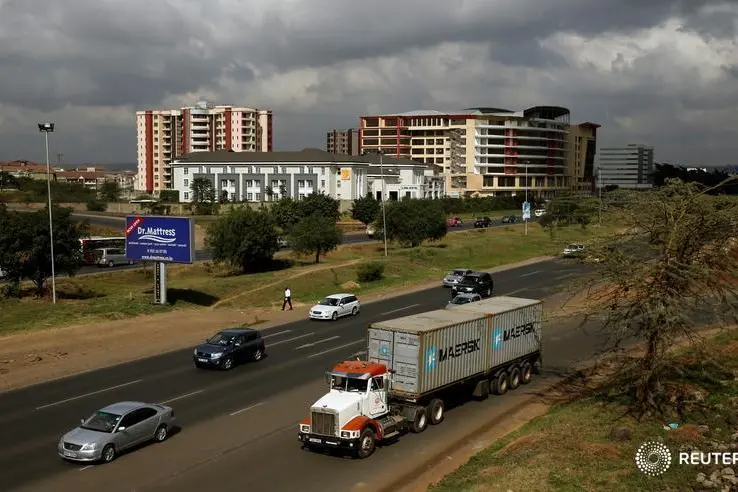PHOTO
Interest Kenya paid for outstanding Chinese loans more than doubled in three months through September, official data shows, pushing up repayments to a record high of Ksh72.07 billion ($471.82 million) in the review period.
Latest expenditure disclosures by the Treasury show interest repayments wired to Beijing, mainly through the Exim Bank of China, surged to nearly Ksh24.46 billion ($160.13 million) in the first quarter of the current fiscal year from Ksh11.85 billion ($77.6 million) a year ago.
The 106.41 percent jump in interest costs was because of a rise in the floating rate for Chinese loans amid the weakening of the shilling against the US dollar.
That raised Kenya’s bilateral debt repayments towards China-funded infrastructure projects by nearly half (48.50 percent) from Ksh48.53 billion in the first quarter of the last financial year ended June 2023.
The bulk of the loans are to the Exim Bank of China after Kenya repaid debts accruing to the China Development Bank last financial year.
Exim Bank of China funded about 90 percent of Ksh566.12 billion ($3.71 billion) Kenya spent on building the near 700-kilometre standard gauge railway from the port city of Mombasa to Suswa near Naivasha — nearly 100km northwest of Nairobi.
The SGR funding was in addition to other loans Kenya took to construct some of its roads and other infrastructure. The SGR loans are denominated in US dollars and have two floating interest rates, set at either 3.6 or three percent above the London Interbank Offered Rate (Libor) average.
The average 12-month US dollar Libor stood at a record of 5.85 percent in June 2023 — when it was last published— marking its end as a global benchmark, a sharp climb from 0.2 percent lows in November 2019.
The rising base interest rates this fiscal year have prompted the Treasury to raise the budget for full-year debt costs to Exim Bank of China to Ksh152.39 billion ($997.6 million) in the supplementary budget from Ksh112.39 billion ($735.8 million) that lawmakers approved last June.“ (The increase in repayments to Exim Bank of China is due to) exchange rate depreciation and interest rate revision on a floating rate,” Haron Sirima, the director-general for Public Debt Management Office at the Treasury, told the Business Daily earlier in the month.“Note that China is the leading bilateral creditor. Most Exim bank loans get fully paid this financial year (financial year ending June 2024). ”The Treasury usually services its debts to China in two batches, in July and January, under the secretive loan deals between Nairobi and Beijing.
The repayments to China were the second single largest expenditure vote in the review quarter, only dwarfed by the Teachers Service Commission that got Ksh80.68 billion ($528.2 million) from the government’s main account.
Kenya under the administration of former president Uhuru Kenyatta largely took loans from China to build roads, bridges, power plants, and the SGR in a bid to spur economic activities and create jobs.
That borrowing binge started around 2014 after Kenya became a lower-middle income economy, limiting her access to highly concessional loans from development lenders such as the World Bank.
The Treasury report shows China’s total debt stock has, however, been declining in a post-Covid era largely on account of reduced fresh borrowing amid repayments of outstanding principal amounts.
Kenya owed China $5.94 billion (Ksh906 billion) in September 2023, the smallest outstanding debt to Beijing since nearly $5.50 billion (Ksh839.50billion) in September 2018, after peaking in June 2021 at $7.06 billion (Ksh1.07trillion).
© Copyright 2022 Nation Media Group. All Rights Reserved. Provided by SyndiGate Media Inc. (Syndigate.info).





















